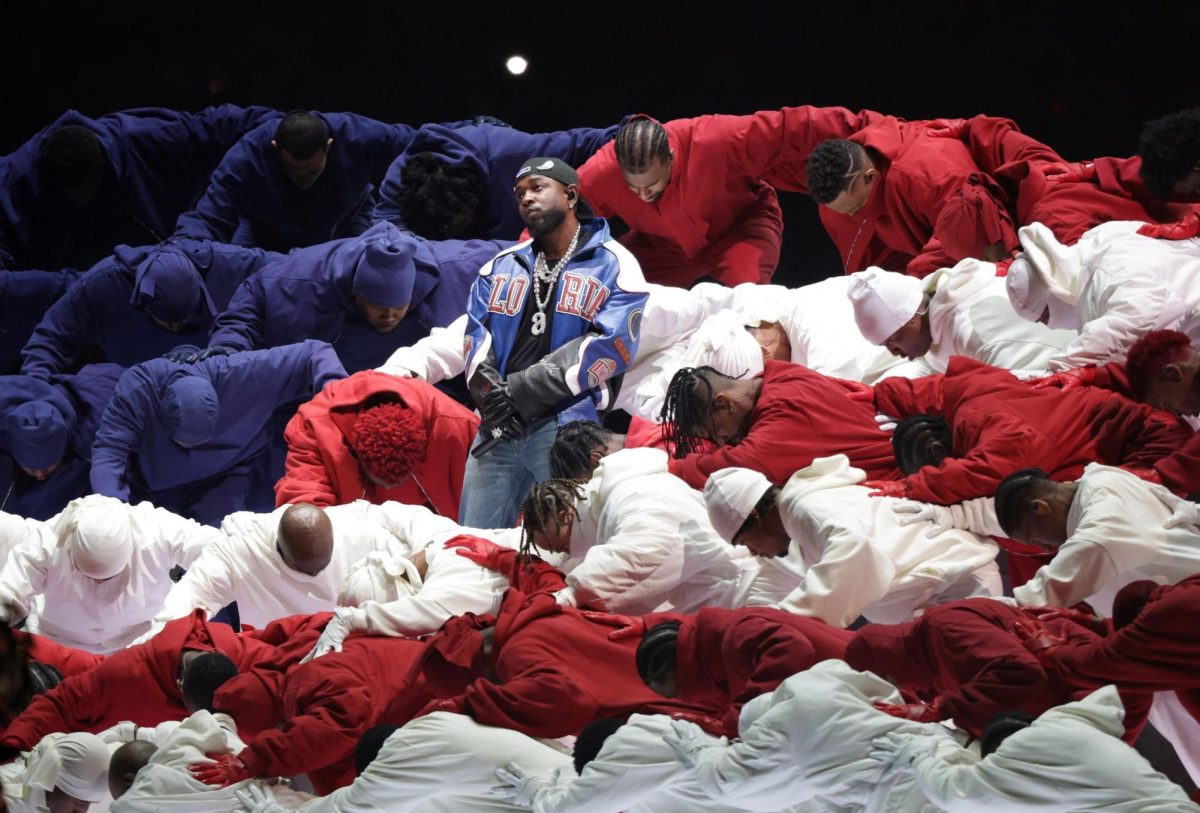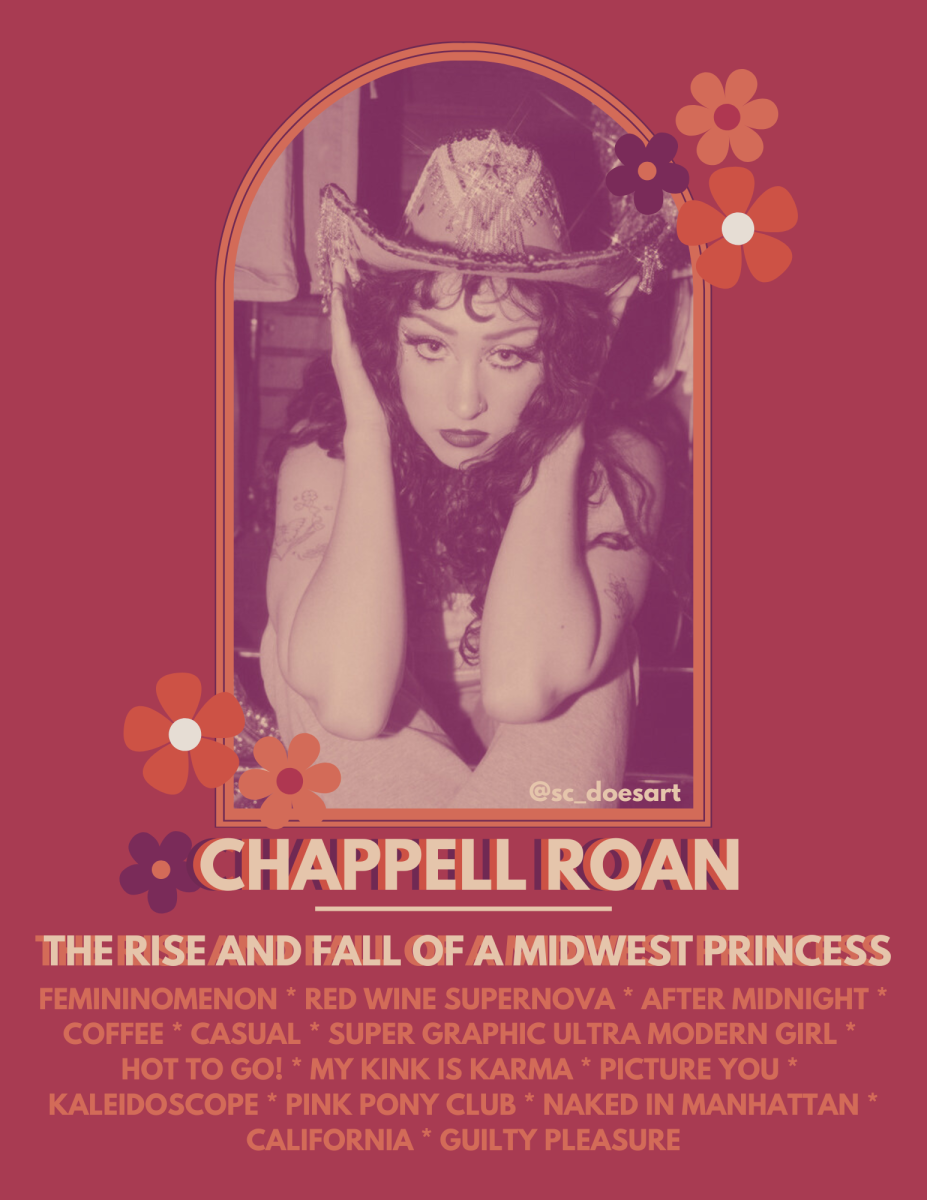

I want to preface before I go into my thoughts on Fifty Shades Darker that I am a huge sucker for a good love story. I love it when a movie can convince me that the two leads have a genuine connection with one another, get me invested in a relationship and play with my emotions as I watch the lovers interact. I went into this movie genuinely hoping that I could feel at least some connection between the two leads.
It could be easy for me to be cynical about how awful this movie was. I could drone on about all its flaws: its horrendous writing, awful editing, poor acting, uncomfortable cinematography, and how it ultimately failed for me on every level. However, I feel that it is more important to talk about a few major problems I had with the film; those being love, conflict and theming.
Fifty Shades Darker tells the story of two lovers: Anastasia Steele and Christian Grey. The film stars Dakota Johnson, Jamie Dornan and Rita Ora and is directed by James Foley.
There was one question that constantly stuck out to me during the entire run time of the film and its one that should never be thought of during a love story. Why does she love him?
Take away the beautiful physique and immense affluence. What is Christian as a character? Well a number of things, actually. Christian is overbearing and controlling. He invades her work space, refusing to allow her to go to out of town business meetings. He never lets her thrive as her own person and would be content with locking her away in his nice penthouse apartment. The film never once tries to give a non-superficial reason as to why she keeps coming back to him.
I’m not saying that desiring someone who is handsome and well-off is a bad thing, but, to me, love is so much more than looks, fancy cars, roses, and pop music. Love is a genuine connection between two people that is unique. Never once did I get that feeling from this movie.

Photo by Doane Gregory, Universal Pictures
Rather than showing the audience Anastasia and Christian falling in love, we are told it within the first five to 10 minutes of the movie. This brings me to my next problem concerning conflict.
All the conflict in the film is completely manufactured and never has any consequence on their relationship or on them as individuals. All of it comes from outside sources and is resolved literally within the next scene that it is introduced. This leaves the movie ultimately failing to engage the audience in its conflict. To me, the main conflict of the film should have been from the characters’ troubles with changing themselves as people.
Towards the beginning of the film, we are told that Anastasia is still apprehensive of opening herself up to Christian because of the events that unfolded in the previous film. She is scared of opening herself up to Christian for fear that she might endure that torment again. The film also tells us that Christian is willing to try and better himself for her.
Christian’s abusive tendencies are deeply rooted in his troubled past with his parents and, in order to overcome them, he has to accept his past and work to bettering himself as a person. Anastasia could see this effort throughout the course of the film and it could slowly give her a reason to love him. He is willing to overcome his demons for her, showing that he cares.
However, in the actual film, giving Christian this broken past is the film’s way of excusing his abusive behavior saying it’s okay. After saying he will change for her, she immediately forgives him and thus he makes no effort at all after that to change himself for the rest of the film.
Rather than present the theme that you aren’t defined by your past trauma and that you shouldn’t settle for an abusive relationship, the film justifies his abuse.
Many of Fifty Shades Darker‘s shortcomings would have been permitted for if it had done the one thing it sought out to do: make the audience feel genuinely engaged in the relationship of its main characters; however, it ultimately falls flat on its face.
Rating: 1/10









